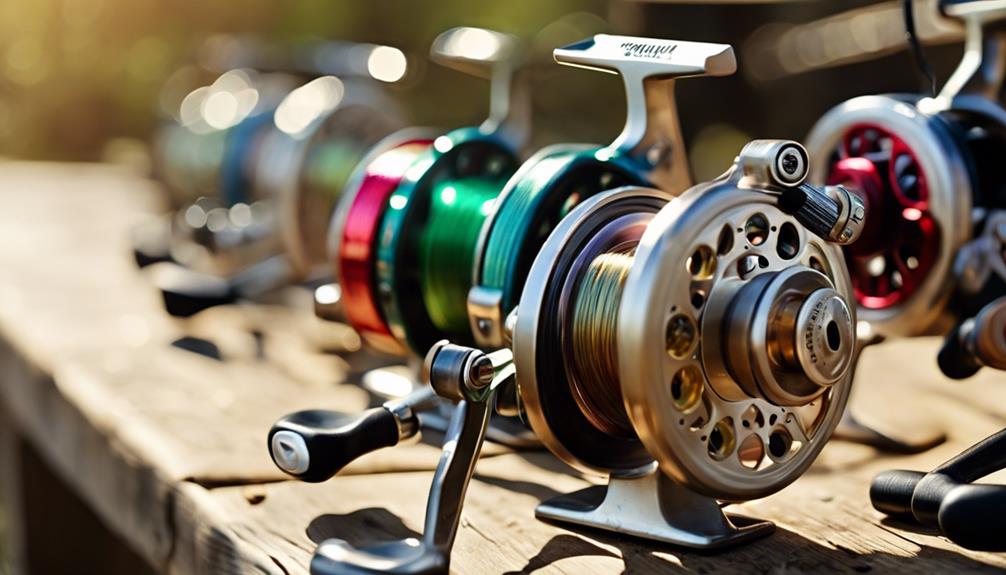Fishing has long been cherished as a favorite pastime for millions of people around the globe. The tranquility of nature, the thrill of the catch, and the camaraderie shared among fellow anglers make fishing an enriching experience. In this article, we will explore the various aspects of fishing, including techniques, benefits, sustainability, and tips for beginners. So, can fishing truly be an enjoyable and sustainable hobby? Let’s dive in!
Understanding the Basics of Fishing
To address the question of “can fishing” be a rewarding hobby, we first need to understand its fundamentals. Fishing involves catching fish for recreational, commercial, or sustenance purposes. It requires certain skills, knowledge of local aquatic environments, and an understanding of fish behavior. There are various methods of fishing, including fly fishing, baitcasting, and trolling, each offering unique experiences. Whether you are casting a line from a boat or standing on the shore, the joy of fishing begins with understanding the basic techniques and equipment.
The Health Benefits of Fishing
One of the most compelling reasons to consider fishing as a hobby is its numerous health benefits. Engaging in fishing can significantly enhance physical and mental well-being. Physically, it often involves walking, casting, and reeling, which can improve cardiovascular health and strength. Mentally, fishing provides a peaceful escape from the hustle and bustle of daily life, reducing stress and promoting relaxation. Furthermore, the time spent outdoors in nature can enhance mood and boost mental clarity. Therefore, when pondering the question, “can fishing be beneficial?” the answer is a resounding yes!
Fishing and Sustainability: A Growing Concern
As we explore whether fishing can be a sustainable hobby, it’s essential to address the environmental impact of fishing practices. Overfishing and habitat destruction have raised concerns among environmentalists and anglers alike. However, many fishing enthusiasts today are committed to sustainable practices. This includes catch-and-release methods, adhering to local fishing regulations, and supporting conservation efforts. By practicing responsible fishing, enthusiasts can enjoy their hobby while minimizing their ecological footprint, contributing to the preservation of aquatic ecosystems for future generations.
Choosing the Right Gear for Your Fishing Adventure
When embarking on your fishing journey, having the right gear is crucial. This leads us to the question, “can fishing be accessible to everyone?” Indeed, it can! Beginners should start with basic equipment, including a fishing rod, reel, line, hooks, and bait. Depending on the type of fishing you plan to do—whether freshwater or saltwater—you might need specialized gear. For instance, fly fishing requires specific rods and flies, while deep-sea fishing involves heavier tackle. Researching and investing in quality gear tailored to your fishing style can enhance your overall experience.
Exploring Different Fishing Techniques
Fishing is not a one-size-fits-all endeavor; various techniques cater to different environments and fish species. So, can fishing be versatile? Absolutely! Beginners may want to explore spinning, which is one of the easiest methods to learn. Alternatively, fly fishing can be exhilarating but requires more skill and practice. Ice fishing offers a unique challenge for those in colder climates, while bottom fishing is great for targeting specific fish species. Understanding the various fishing techniques can help you choose the right approach for your needs and preferences.
Tips for Beginners: Making Your Fishing Experience Enjoyable
If you’re new to the world of fishing, you might wonder, “can fishing be enjoyable for beginners?” The answer is yes, especially with the right tips in hand. Start by choosing a local fishing spot known for its accessibility and abundance of fish. Joining a fishing club or seeking mentorship from experienced anglers can provide valuable insights and support. Additionally, familiarize yourself with local fishing regulations to ensure a legal and responsible experience. Lastly, patience is key; fishing is often about the process rather than the catch, so enjoy the time spent in nature!
Community and Social Aspects of Fishing
Fishing is more than just an individual hobby; it is often a community-driven activity. This brings us to the question, “can fishing foster social connections?” Indeed, it can! Many anglers find joy in sharing their experiences with friends and family. Fishing tournaments, community events, and local fishing clubs provide opportunities to meet like-minded individuals. These social aspects not only enhance the fishing experience but also foster a sense of belonging and shared passion for the sport. Engaging with the fishing community can lead to lifelong friendships and unforgettable memories.
Concluding Thoughts: Can Fishing Be Your Next Passion?
In conclusion, the answer to the question, “can fishing be a fulfilling hobby?” is a resounding yes! Fishing offers numerous benefits, from health improvements to environmental awareness. By understanding the basics, choosing the right gear, and practicing sustainable fishing, you can enjoy this rewarding pastime while making a positive impact. Whether you’re seeking solitude, adventure, or social connection, fishing has something to offer everyone. So why not grab your gear, head to your nearest water body, and discover the joys of fishing for yourself?
By exploring the various dimensions of fishing, we hope to inspire you to embark on this exciting journey. Remember, fishing is not just about the catch; it’s about the experiences, the connections, and the respect for nature that comes with it. Happy fishing!
